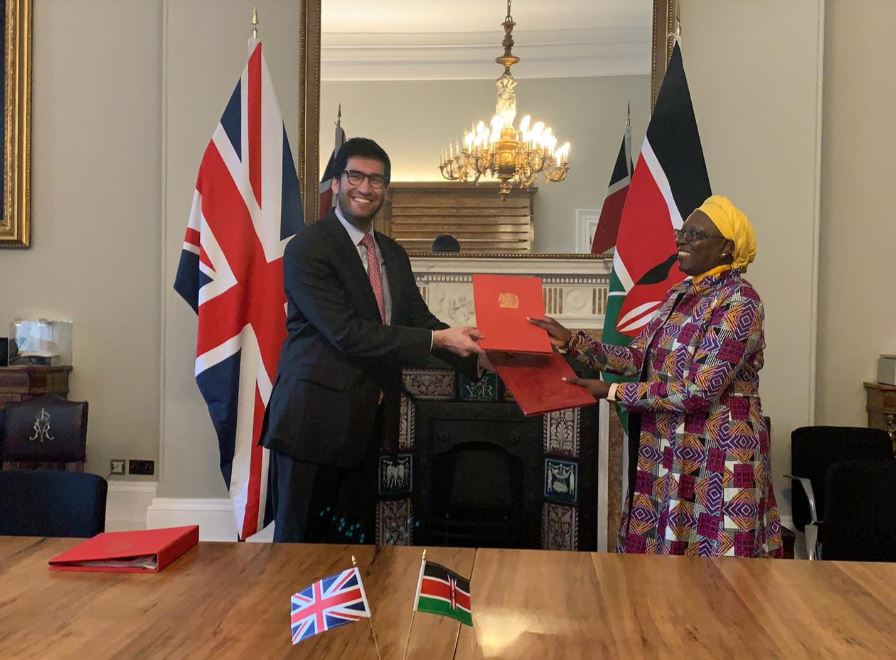×
The Standard e-Paper
Fearless, Trusted News

Lawmakers in Kenya and the United Kingdom have ratified the Economic Partnership Agreement (EPA) between the two countries.
The UK is Kenya’s fifth-largest export market, taking up an average of Sh39 billion worth of goods over the past five years. The EPA could expand this value several times over in the next few years, creating millions of jobs and giving more Kenyan firms an international footprint.







